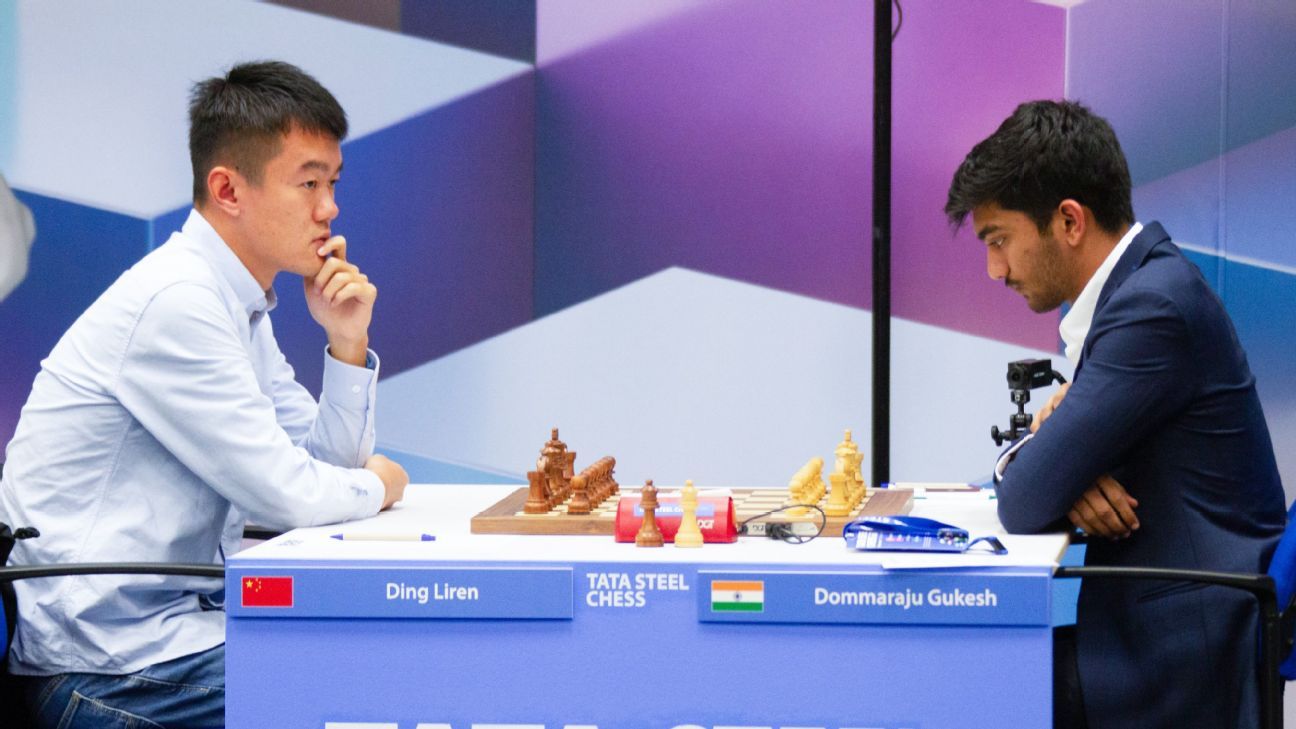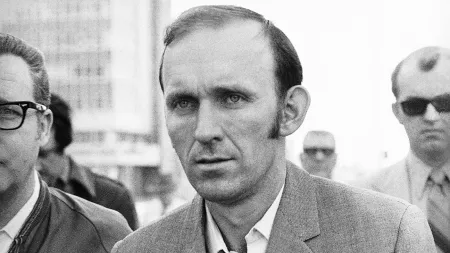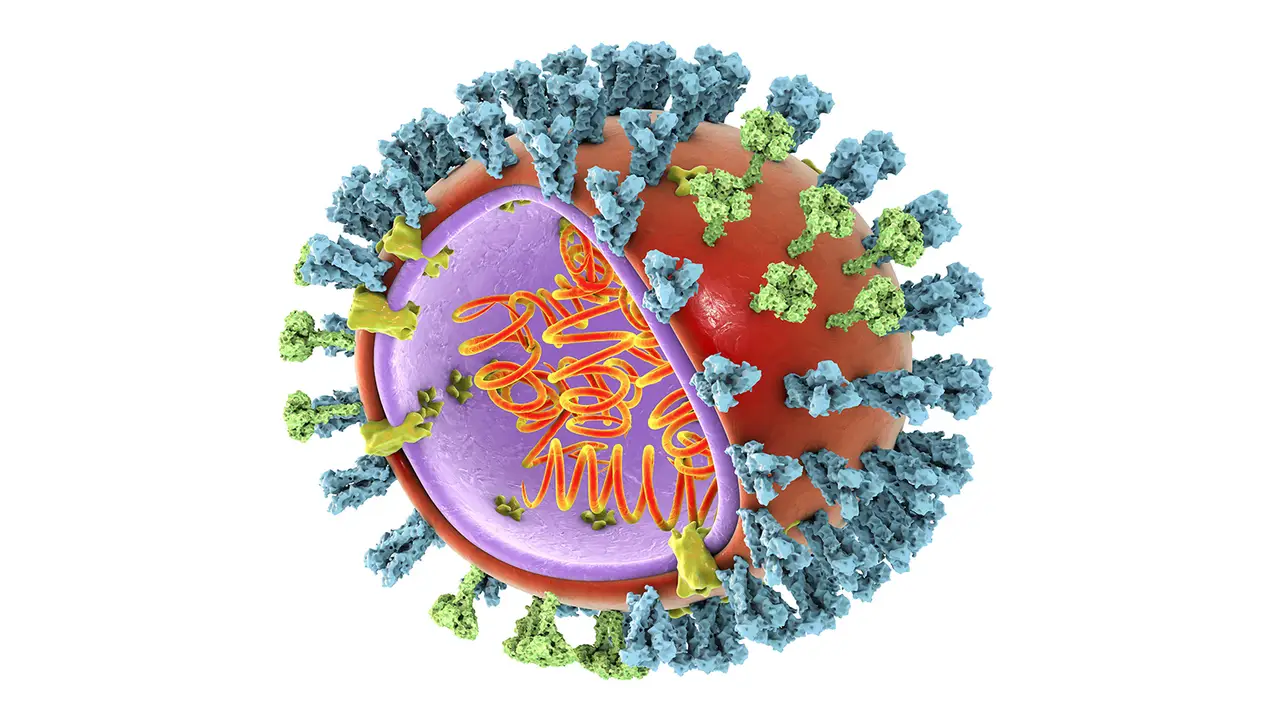Chief Judge Maraga.
[Righting Wrongs]
“It is so ordered…” with these concluding four words by the Supreme Court nullifying the August 8 presidential election, Kenya became a modern country on September 1, 2017, regardless of who wins the new vote to be held within 60 days.
This is a shining moment for Kenya and for democracy for all of Africa. Right next door in Uganda a dictator has been 31 years at the helm by rigging elections and plunging the country towards collapse.
Elections are so routinely stolen in Africa that few observers expected the victory, by 54% of the vote, awarded by the Independent Electoral and Boundaries Commission (IEBC) on August 11 to incumbent Uhuru Kenyatta to be reversed by the court.
Indeed, even a prominent election observer former U.S. Secretary of State John Kerry, who represented the Carter Center, told the National Super Alliance (Nasa), the opposition led by Raila Odinga to “get over it” and concede defeat. After the disputed vote in 2007 post-election violence had claimed a reported 1,300 lives and displaced more than a half-million. Fear of bloodshed likely led the rush to validate Uhuru’s “victory.”
To her credit U.S. Congresswoman Karen Bass, after initially calling for Odinga to concede, issued another statement within the hour calling on Nasa to challenge the results in court if it rejected it.
Odinga had previously petitioned the court in a past election and had not prevailed. Initially Nasa had also declared that petitioning the court would be a waste of time this time around.
Nasa had alleged that the election results transmitted electronically from the more than 40,000 polling stations around the nation didn’t match with the data on the physical paper tallying sheets called forms 34A that had been checked off by representatives of all contesting political parties as well as an election official. Allegations were also made that another form, 34B, which aggregated regional tallies, didn’t reconcile with transmitted figures or couldn’t withstand scrutiny since the 34As contributing to the 34B’s totals could not be produced.
What’s more, evidence later emerged that some of the forms didn’t bear all the protective security markings raising questions about their integrity.
The Supreme Court was on constitutionally mandated deadline to rule by today so a detailed opinion won’t be available until later. The court voted 4 – 2 to nullify the election results and the IEBC’s announcement of Uhuru Kenyatta as president-elect.
Now Kenyans get to do it all over again. Whoever wins the upcoming vote, Kenya has reached a milestone. The Supreme Court has shown that it can act independently of the executive branch. The court blamed the IEBC for conducting shoddy elections, not Uhuru Kenyatta, who accepted the ruling.
This is good for Kenya and Africa. It is perhaps as an important occasion as when Kenya won its independence.
Wherever the constitution is supreme the rule of law can endure. The rule of law will increase the confidence of Kenyans and her well-wishers that the institutions of governance take precedence over the whims of individuals. This will foster stability, investor confidence, and boost economic development.
Indeed, as Kenya’s Chief Judge of the Supreme Court David Maraga stated before he read the court’s decision: “The greatness of a nation lies in its fidelity to its constitution and strict adherence to the rule of law and above all the fear of God…”
Kenya now joins the league of modern nations















